Are you aiming to increase your protein intake but tired of relying on just eggs? Plenty of other foods offer even more protein per serving, and incorporating these alternatives into your meals not only diversifies your diet, but it also provides additional nutrients that eggs might lack. Here are some of these alternatives to try out today.
Greek Yogurt

Greek yoghurt packs up to 5.7 grams of protein per 100 grams, and this means it’s a great supplement or even a replacement for eggs. It’s also a source of probiotics that support digestive health, and you can enjoy it plain, mix it with fruit, or use it as a base for smoothies to boost your protein intake even more.
Chicken Breast
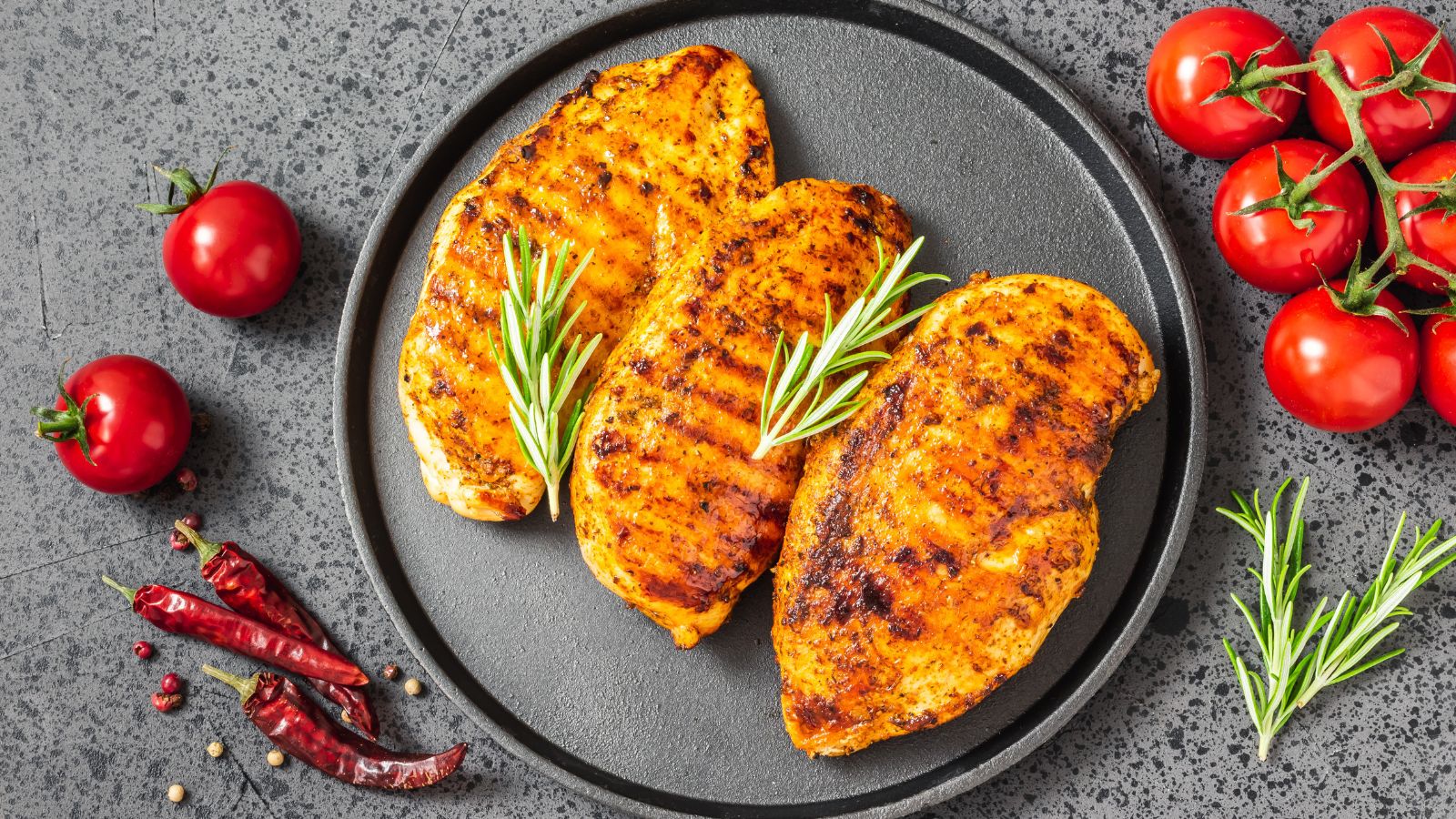
Offering approximately 31 grams of protein per 100 grams, chicken breast is a lean and versatile option that is better than Greek yoghurt and even eggs when it comes to your protein intake. It’s a food that’s also tasty and easy to incorporate into various dishes, whether it be salads or stir-fries.
Tofu
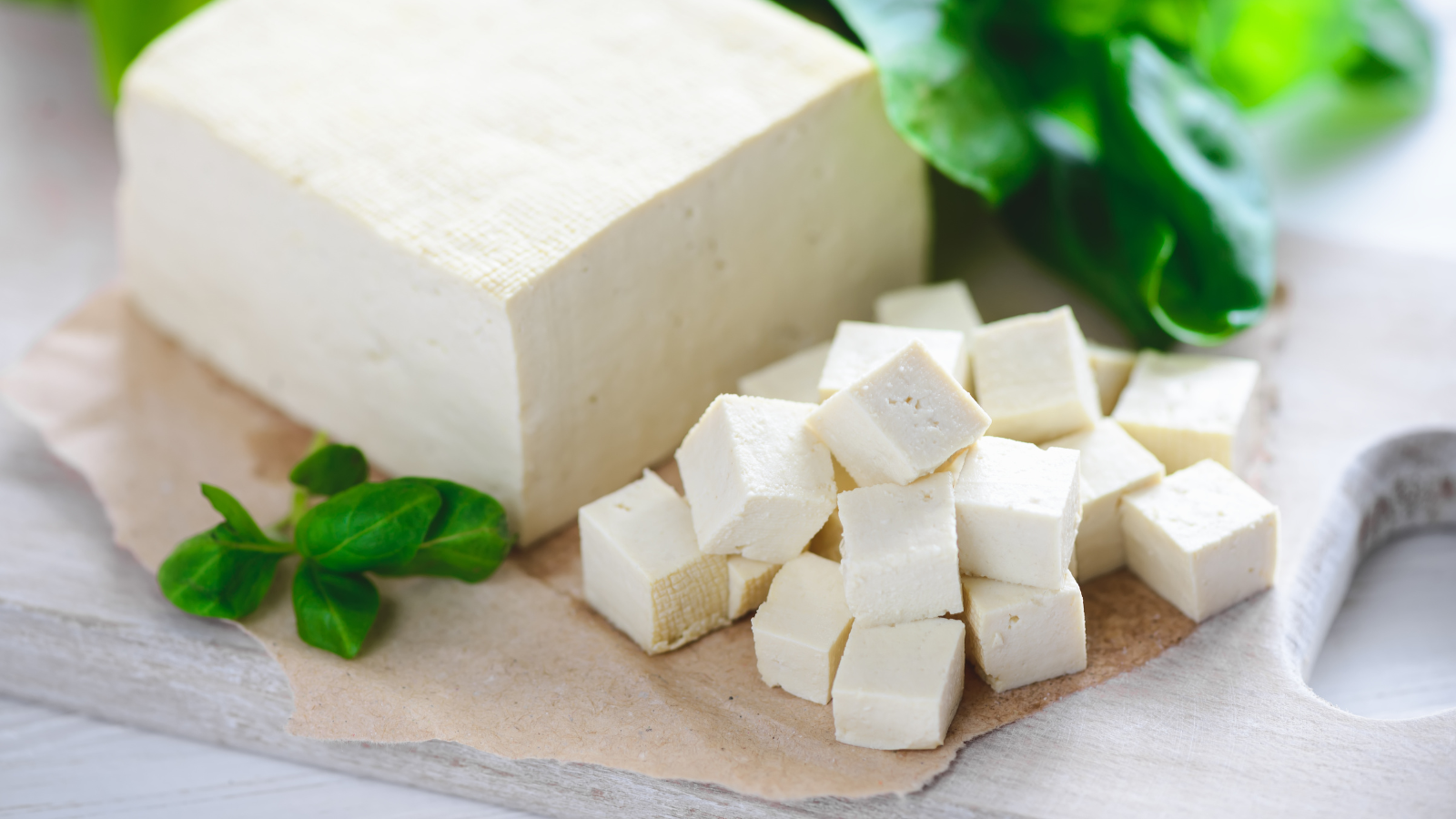
With tofu, you have a staple in vegetarian and vegan diets that provides around 8 grams of protein per 100-gram serving. Made from soybeans, tofu is a complete protein source that absorbs flavours well, and you can use it in soups and stir-fries, or even scramble it as an egg substitute.
Lentils
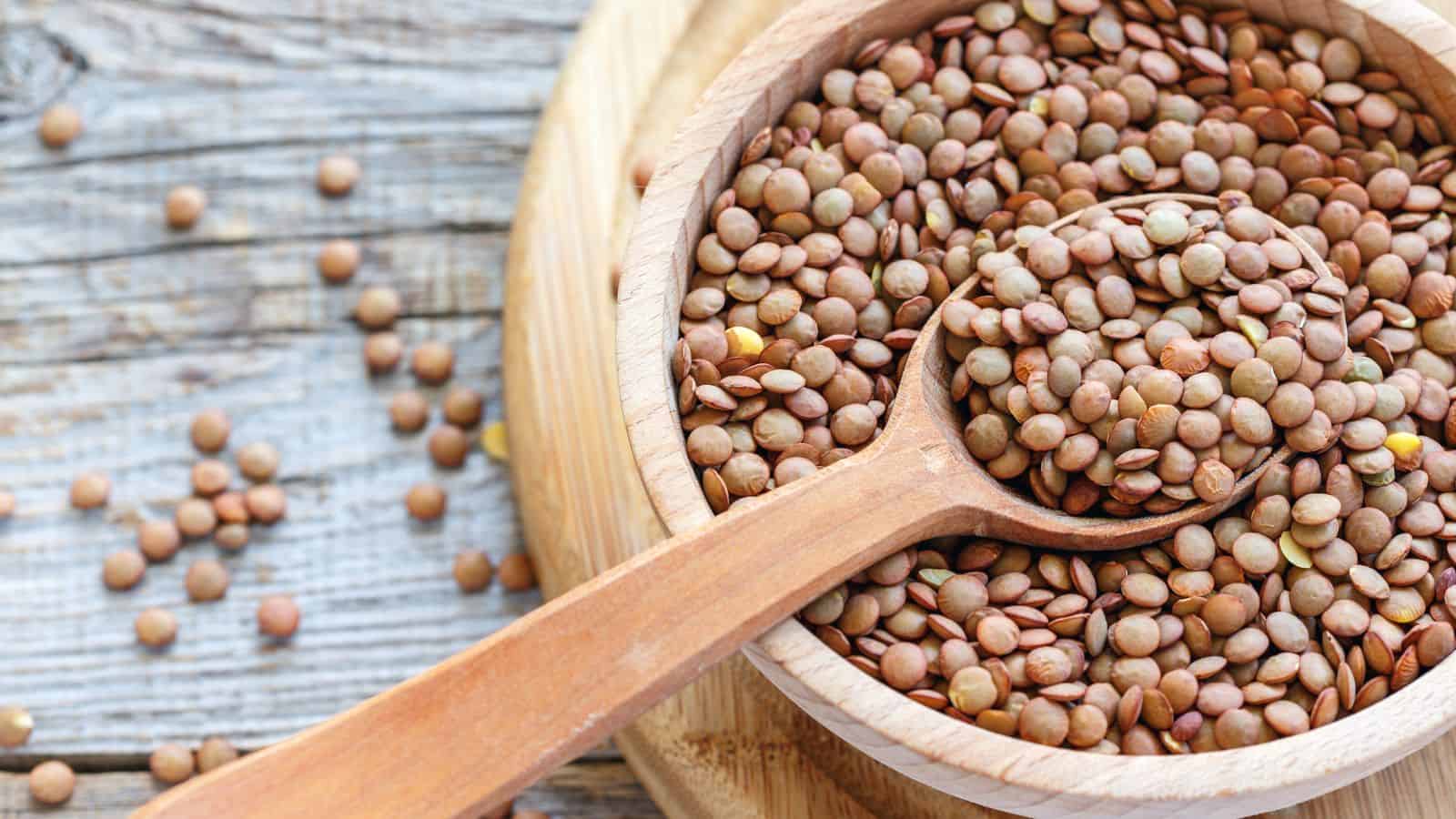
Giving you about 9 grams of protein per 100 grams cooked, lentils are a nutritious legume rich in fibre and iron. They make an excellent addition to soups, stews, and salads, and incorporating lentils into your diet will enhance both your protein and, more enticingly, your nutrient intake.
Tuna
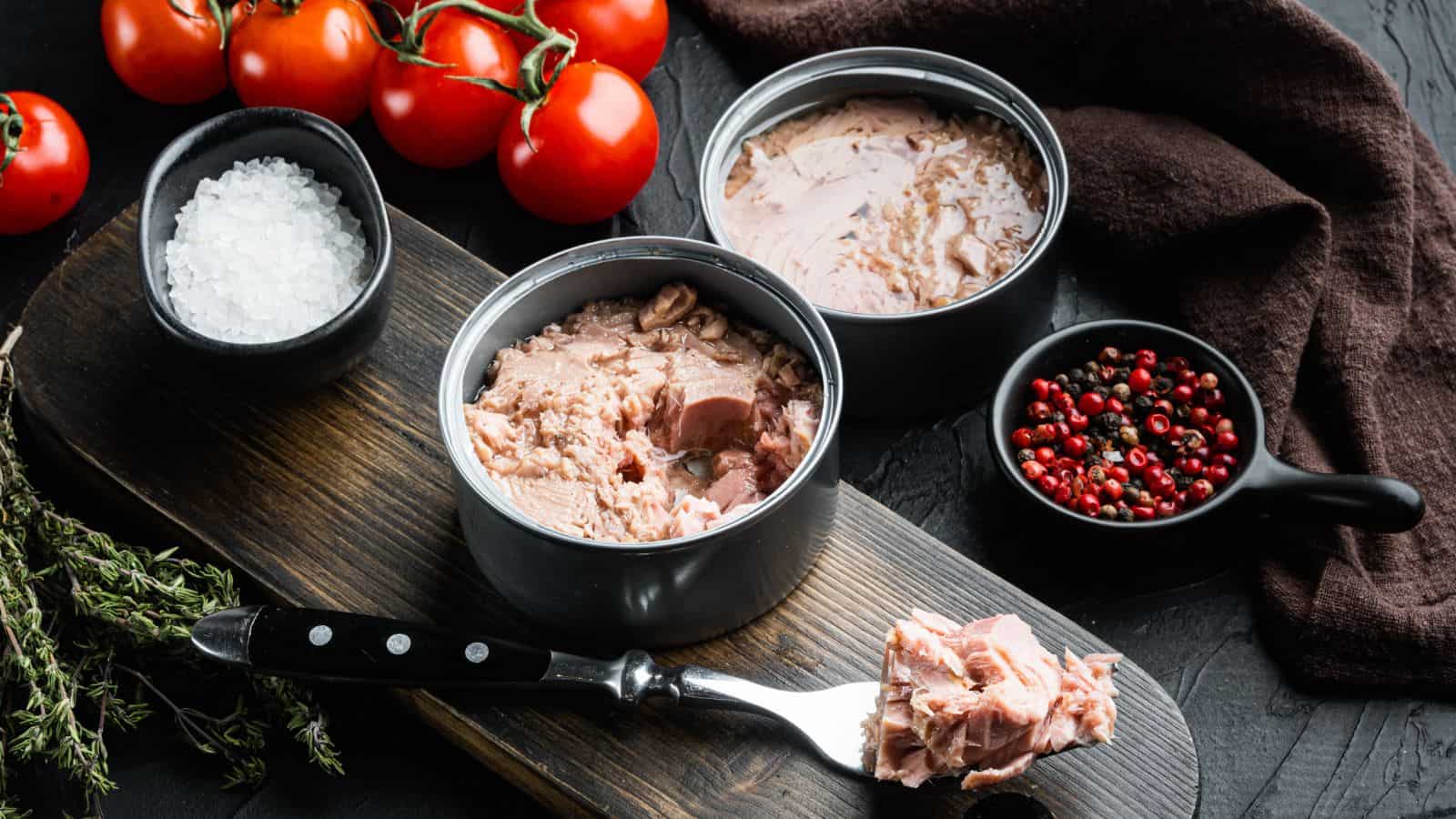
Another superior alternative to eggs, tuna contains roughly 28 grams of protein per 100 grams, and what’s better is that it’s low in fat! It’s a fish that is also rich in omega-3 fatty acids, beneficial for heart health, and you get to enjoy these benefits whether you get it fresh or canned.
Almonds
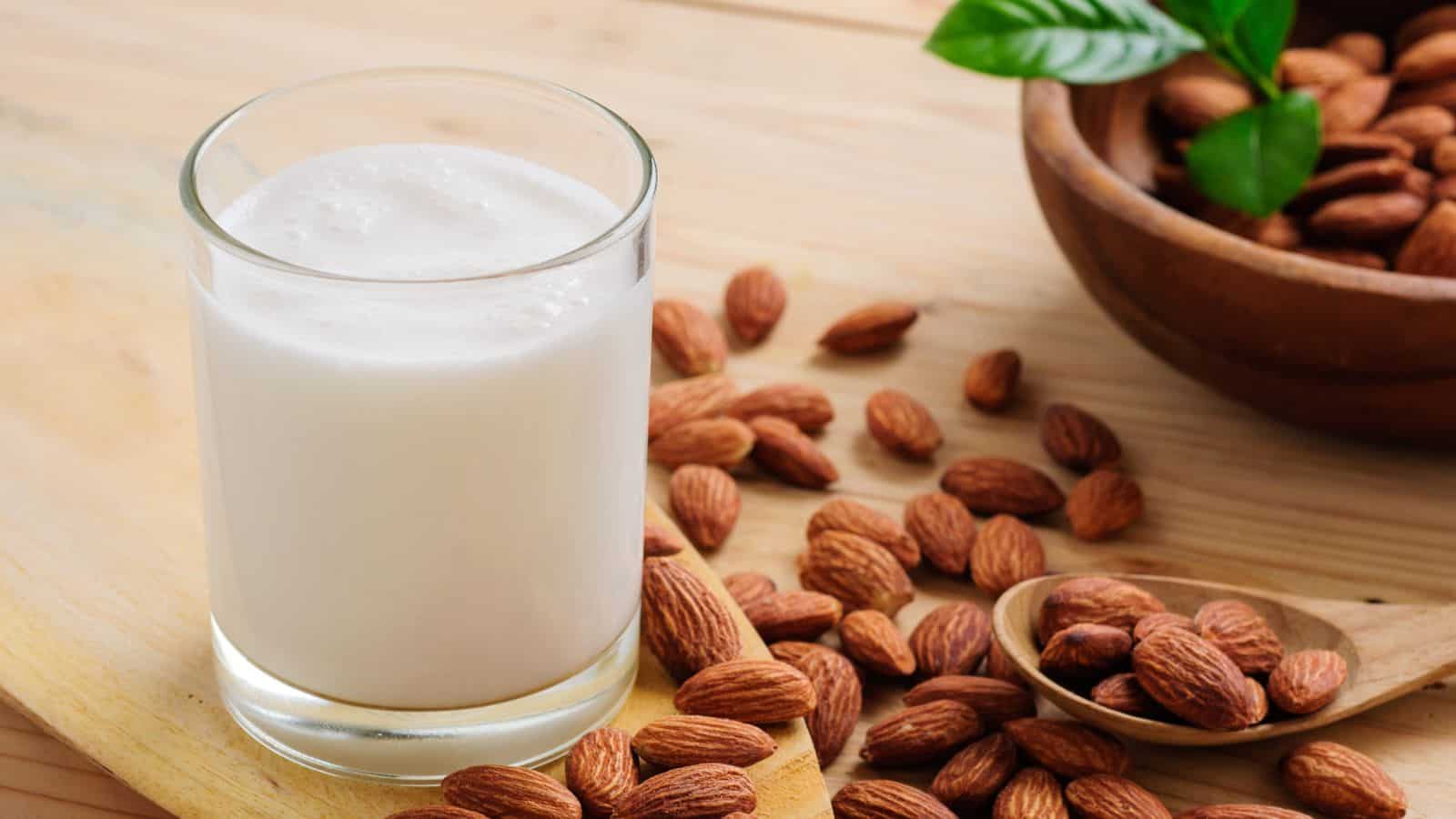
Almonds offer approximately 21 grams of protein per 100 grams, along with healthy fats and vitamin E. Snacking on almonds or adding them to meals can contribute to your protein goals while providing additional health benefits like lower blood sugar levels, reduced blood pressure, and lower cholesterol levels.
Cottage Cheese
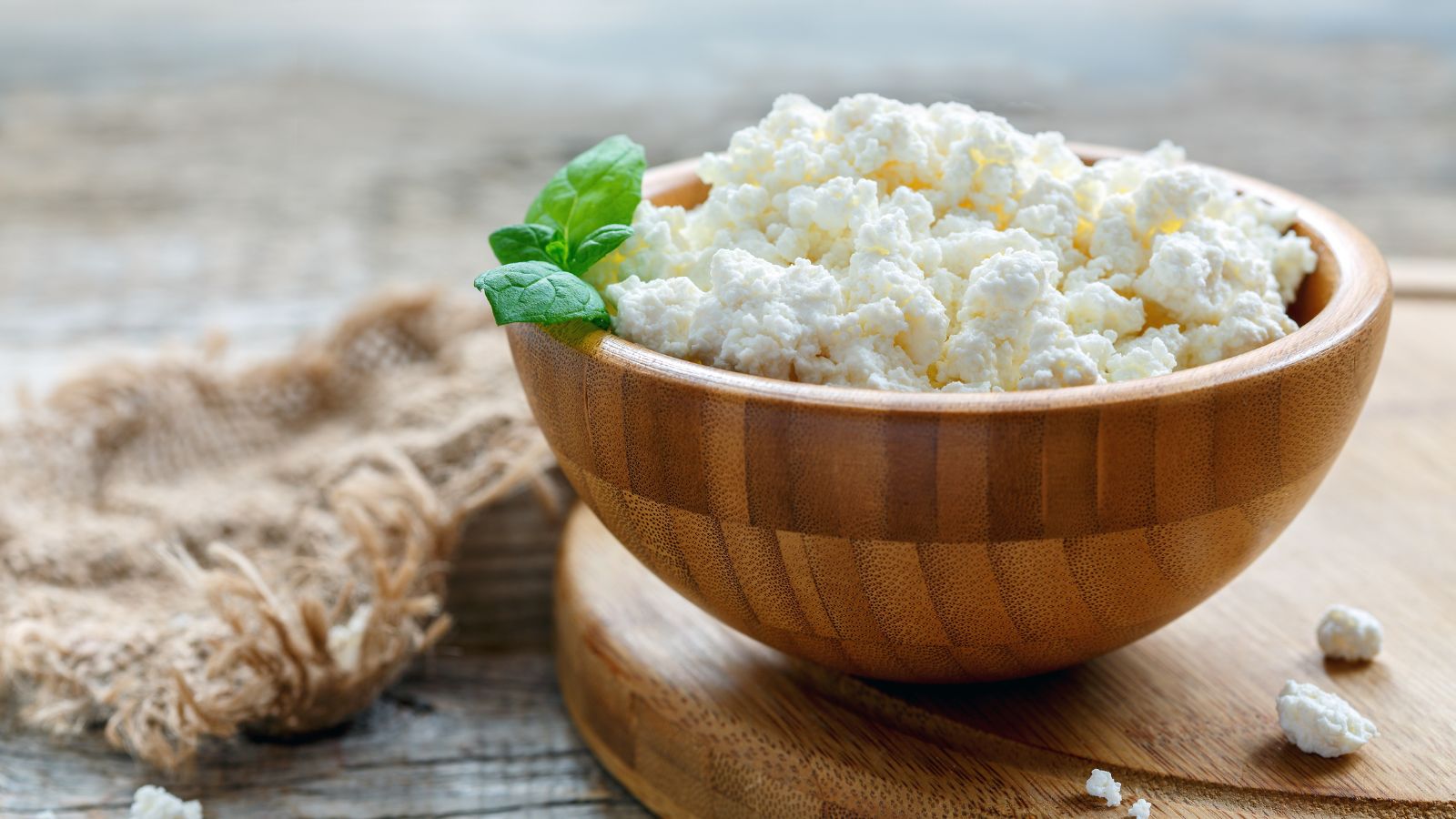
Providing about 11 grams of protein per 100 grams, cottage cheese is a low-fat dairy option. It’s high in casein protein, which digests slowly, and this means it can help you feel full for a longer period of time. You can even pair it with fruits or use it in recipes for an extra tasty boost.
Tempeh
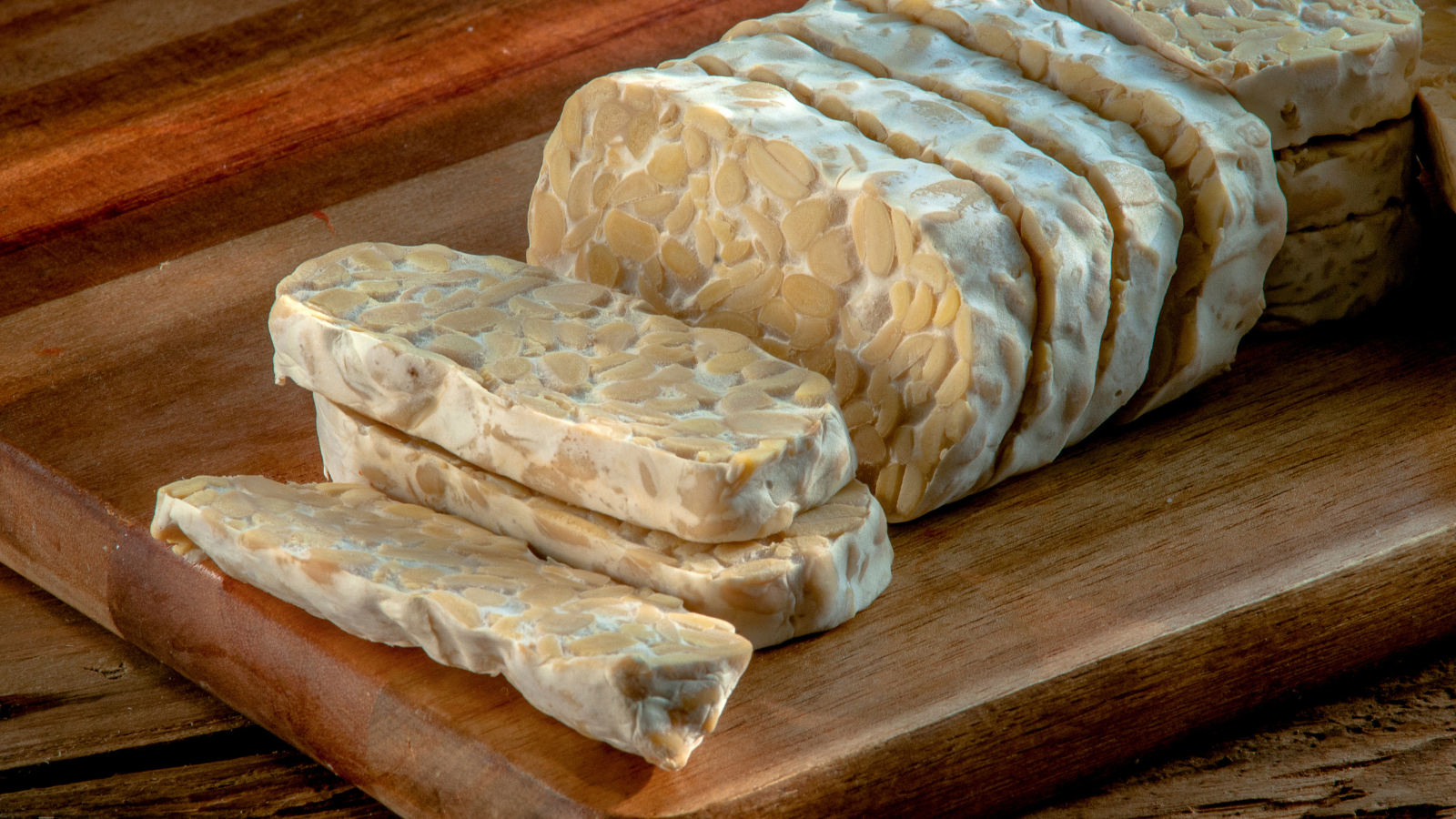
When it comes to tempeh, you have an item made from fermented soybeans that delivers around 19 grams of protein per 100 grams. This meal option is a hearty meat alternative with a firm texture, and you can even add it to your sandwiches, salads, or stir-fries to enhance your daily meals’.
Pumpkin Seeds
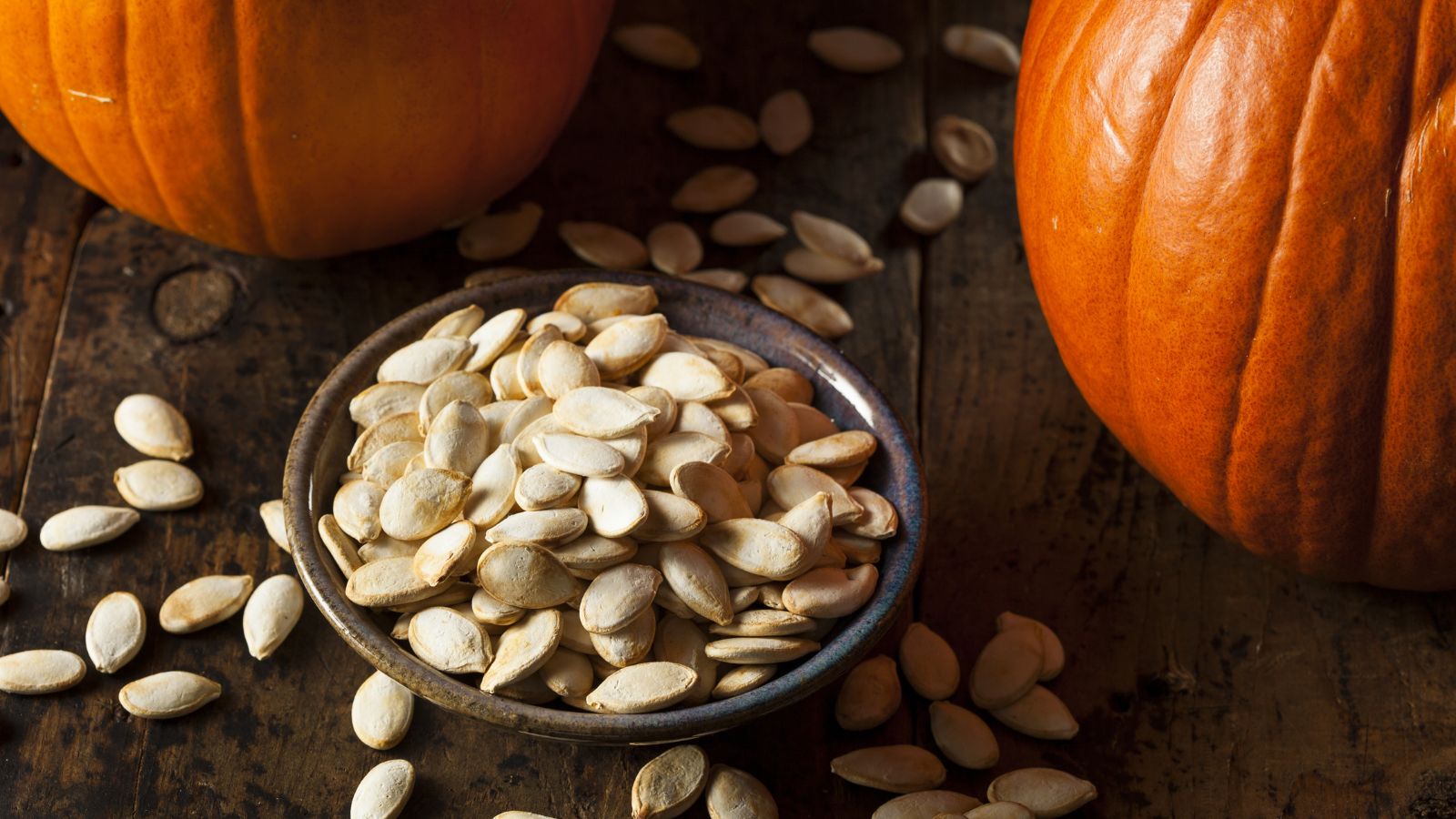
Pumpkin seeds contain about 19 grams of protein per 100 grams and are rich in magnesium and zinc. There isn’t really anything complicated when it comes to them—simply sprinkle pumpkin seeds over salads, yoghurt, or oatmeal for a crunchy, high-protenous twist to your meals.
Edamame
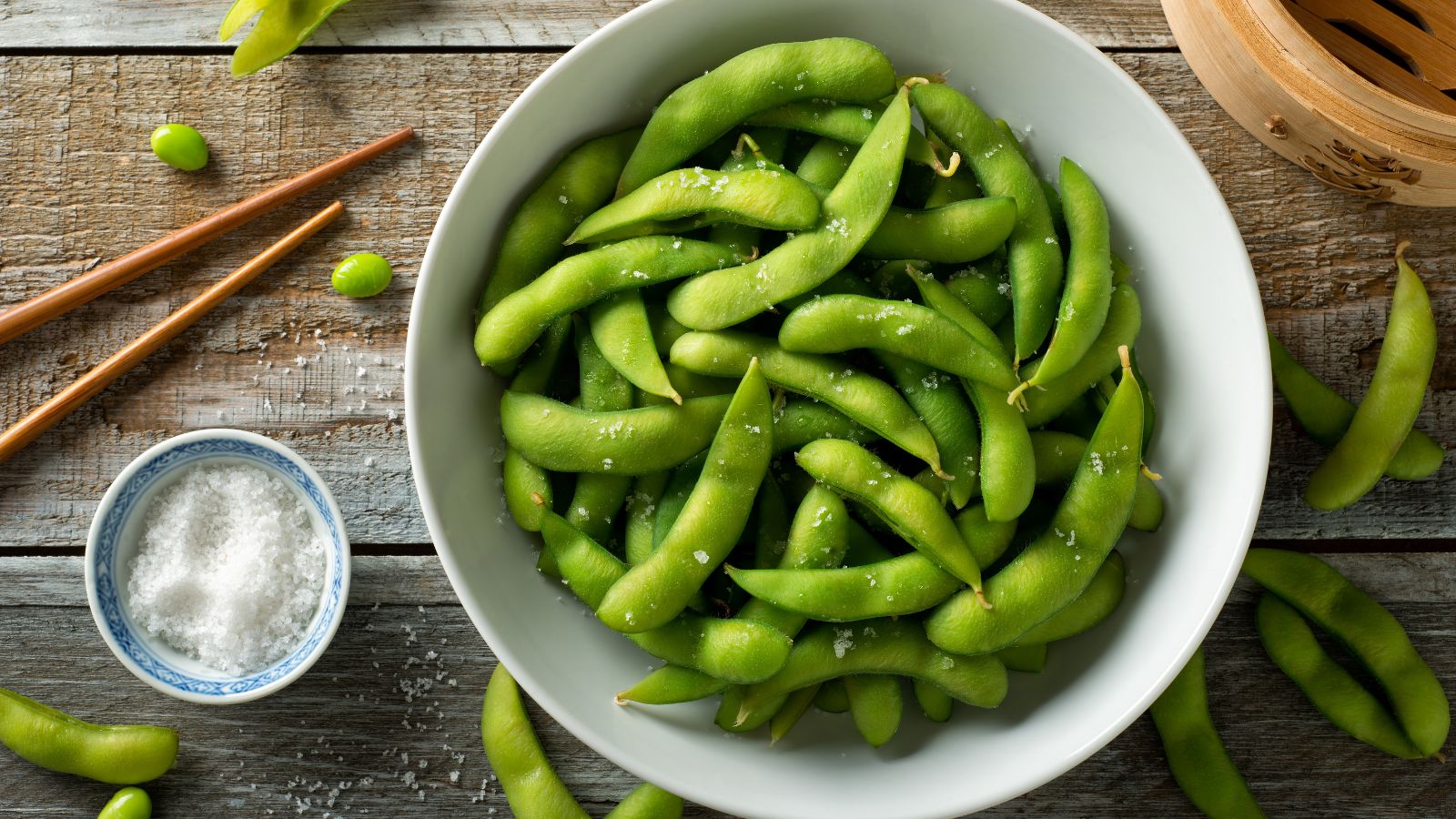
Young soybeans that are high in fibre and antioxidants, edamame offers you approximately 11 grams of protein per 100-gram serving. They’re even made up of up to 46% of protein content, and they can be enjoyed either steamed, as a snack, or added to salads and rice dishes.
Hemp Seeds
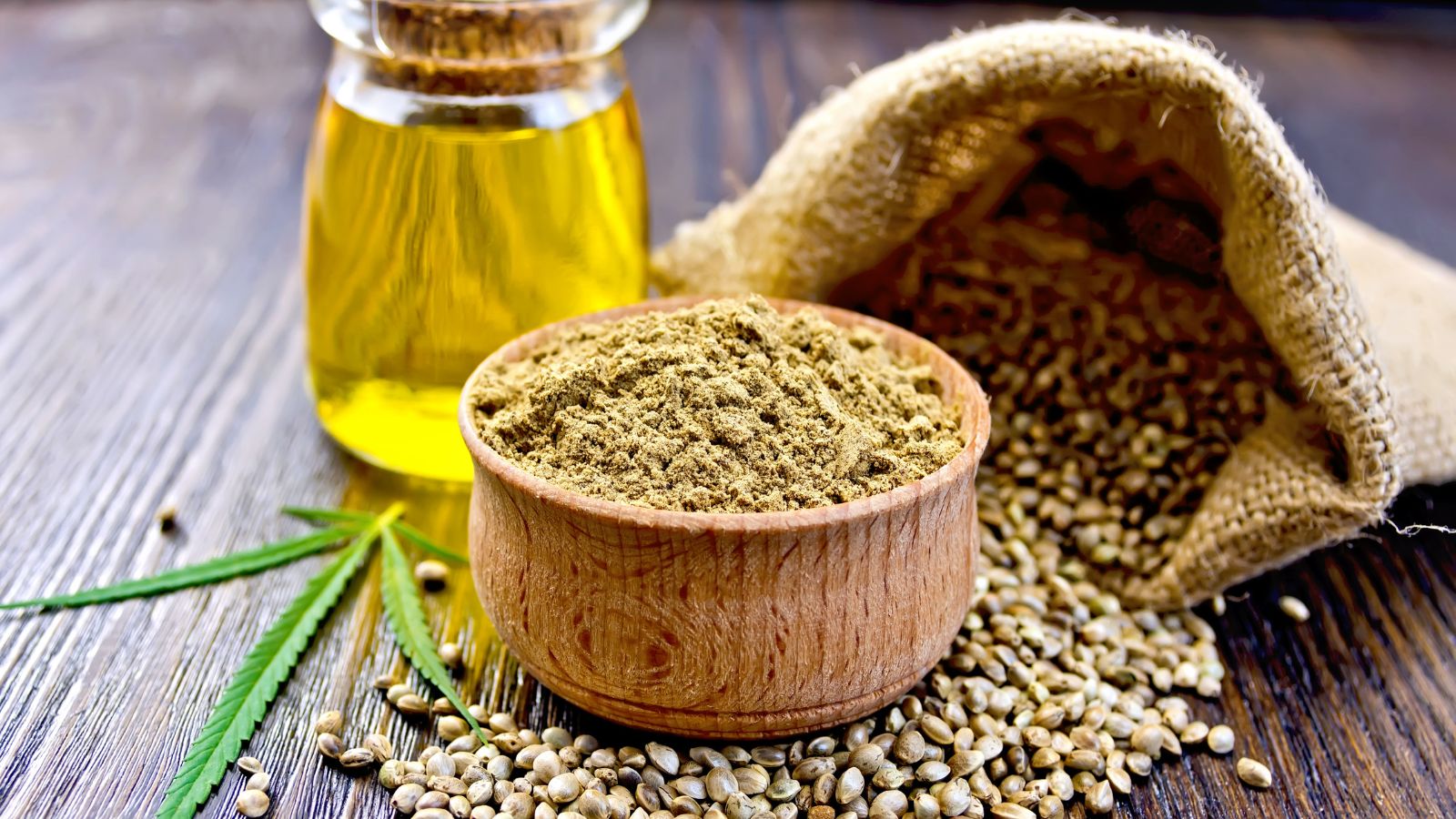
Hemp seeds boast around 31 grams of protein per 100 grams, and this means they’re another option that offers significantly more than eggs. These seeds are also a good source of omega-3 and omega-6 fatty acids, and you can add them to smoothies, cereals, or baked goods to give them an easy protein enhancement.
Seitan
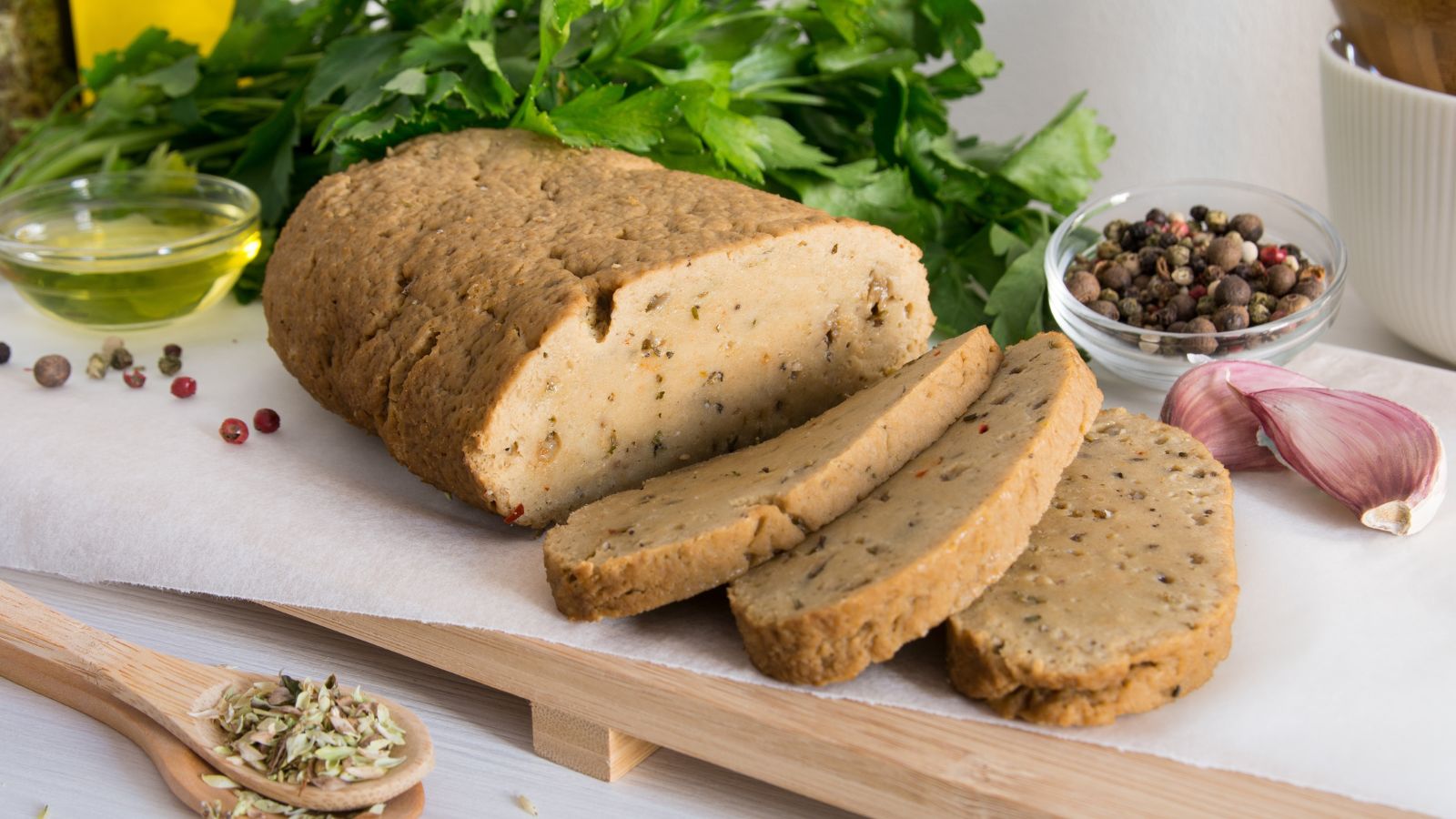
Made from wheat gluten, not only does seitan have a meat-like texture, but it’s also a high-protein food with about 25 grams of protein per 100 grams. This is why it’s a very popular choice for vegetarians and vegans, used in place of meat in various plant-based recipes.
Black Beans
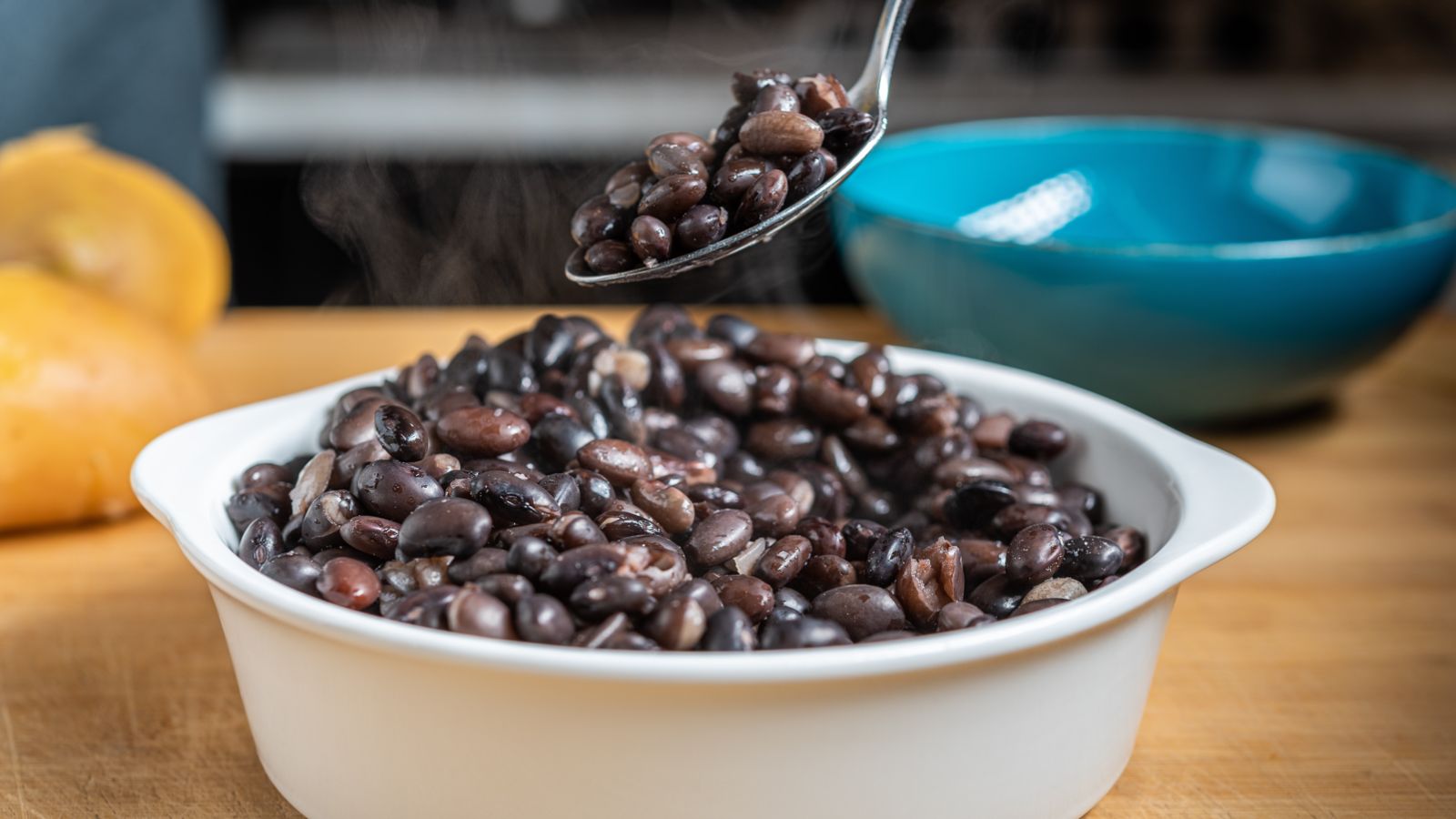
Black beans offer around 9 grams of protein per 100 grams cooked, and they’re also rich in fibre and essential nutrients like folate. For a protein-rich addition to your daily meals, you can use them in your favourite soups, burritos, or salads as well.
Chia Seeds
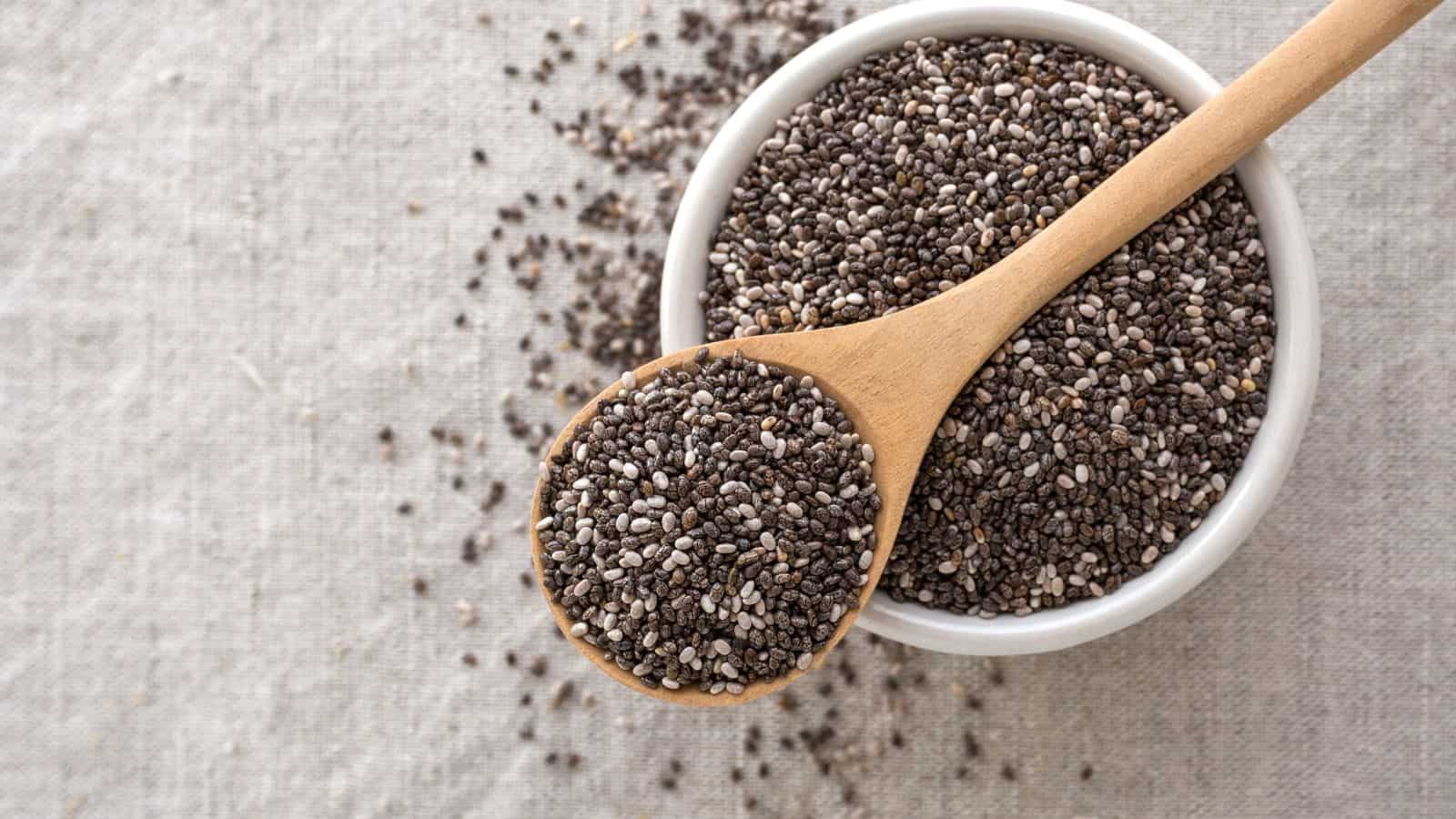
With chia seeds, you have items that contain approximately 17 grams of protein per 100 grams and are high in omega-3 fatty acids. They’re seeds that absorb liquid and form a gel when ground, and this makes them perfect for your puddings or thickening smoothies.
Peanuts
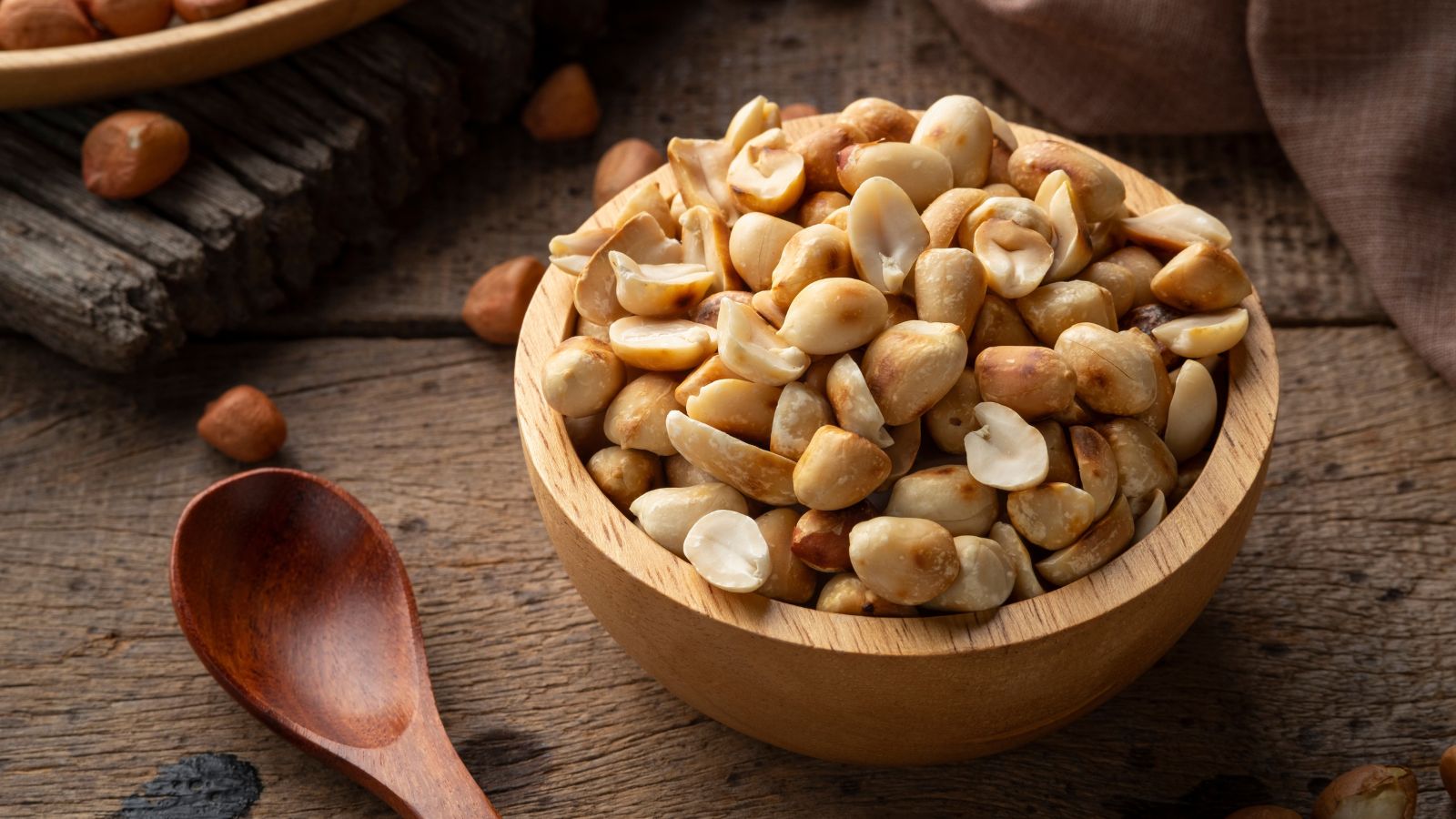
One of the more common additions to our list, peanuts will give you about 26 grams of protein per 100 grams. Many don’t even know that they are a source of healthy fats. And it’s awesome that they can be enjoyed as a snack or used as peanut butter in sandwiches and smoothies.
Spirulina
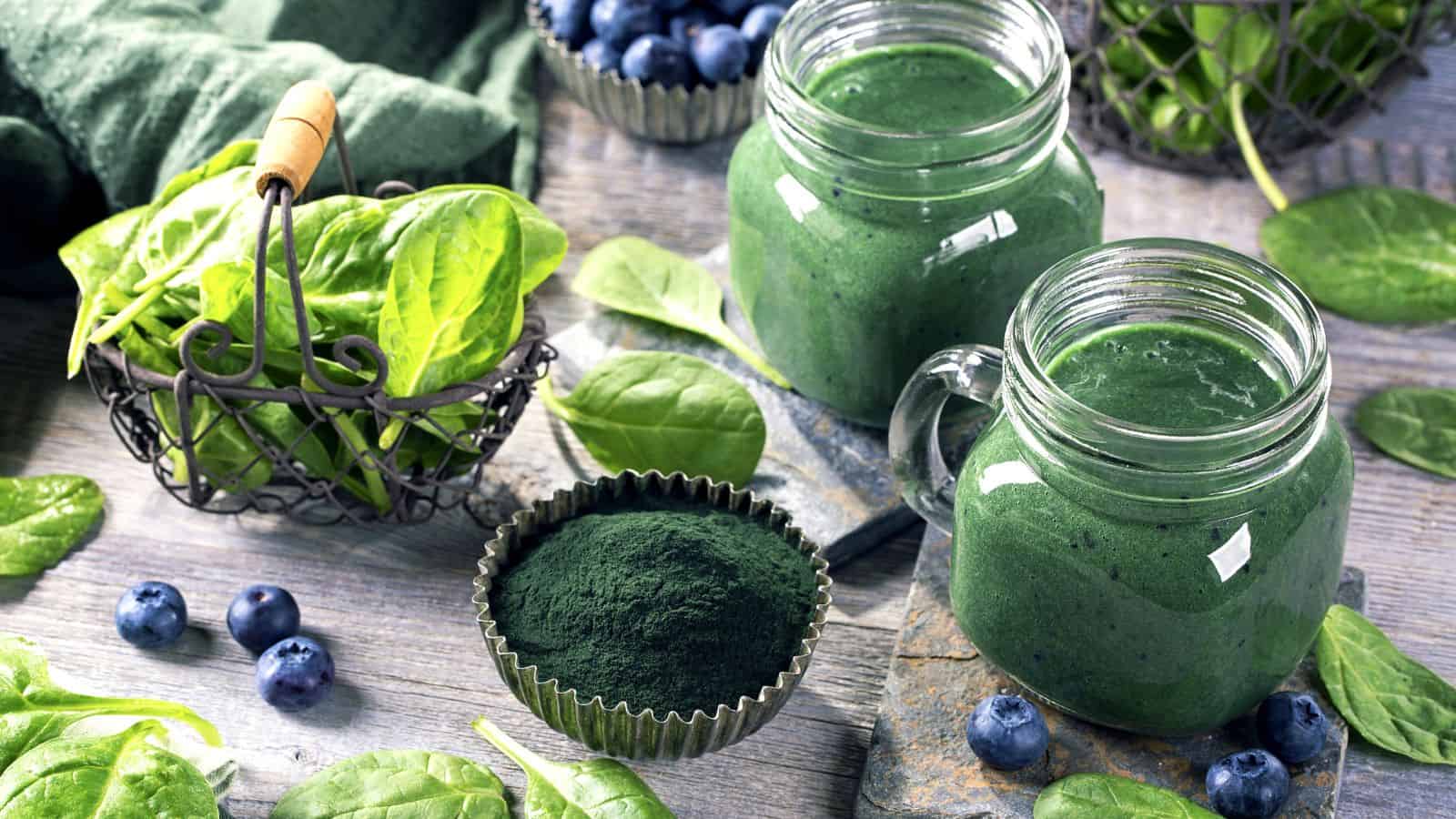
Lastly, you can also opt for spirulina—a nutrient-dense, dried biomass of algae with an impressive 57 grams of protein per 100 grams. Don’t worry, it’s a superfood that’s safe to eat, rich in vitamins and antioxidants, and can be incorporated as a powder into your everyday smoothies and juices.

